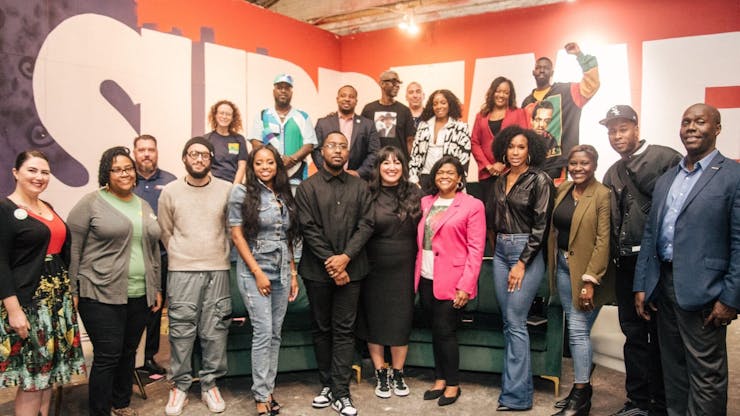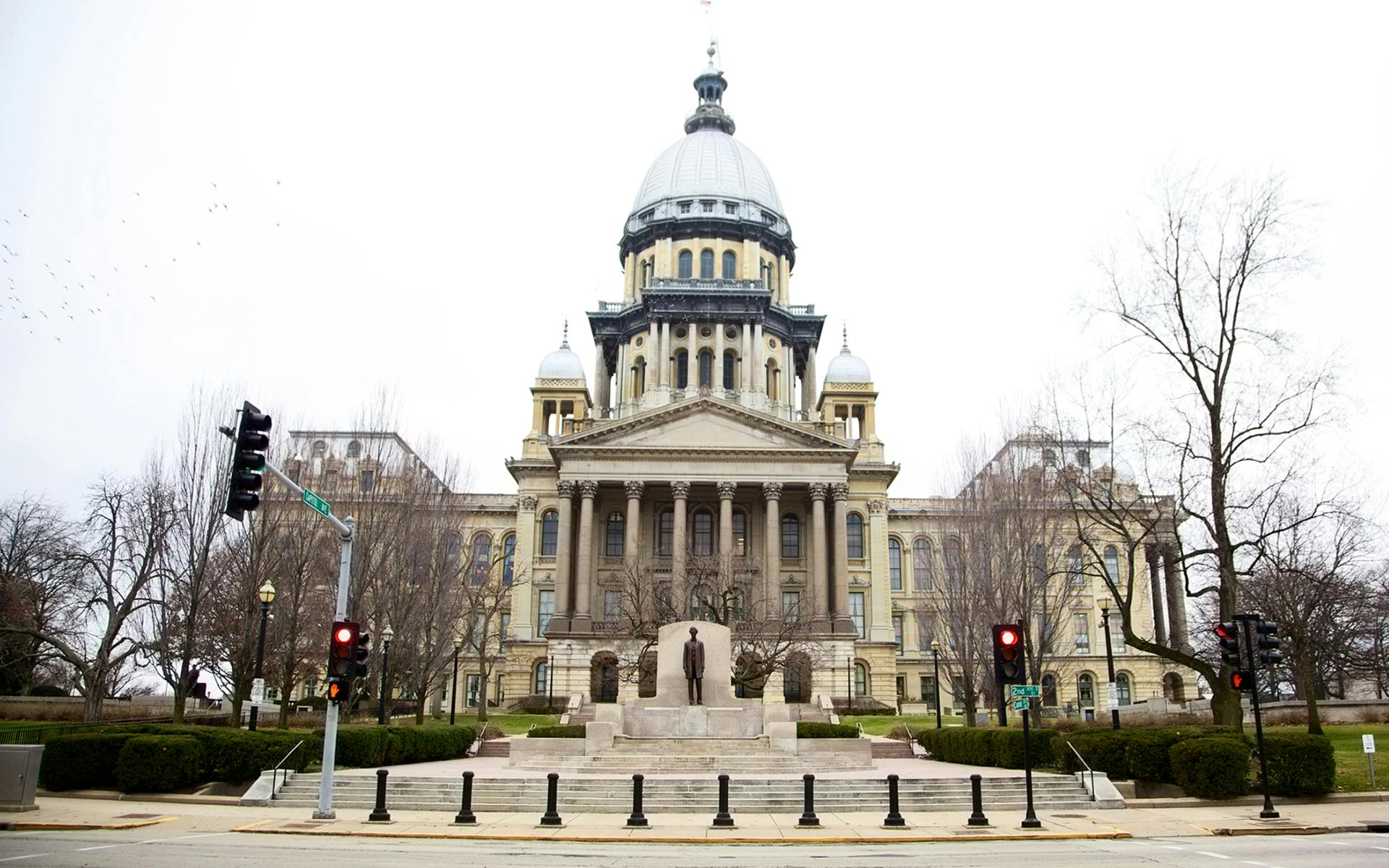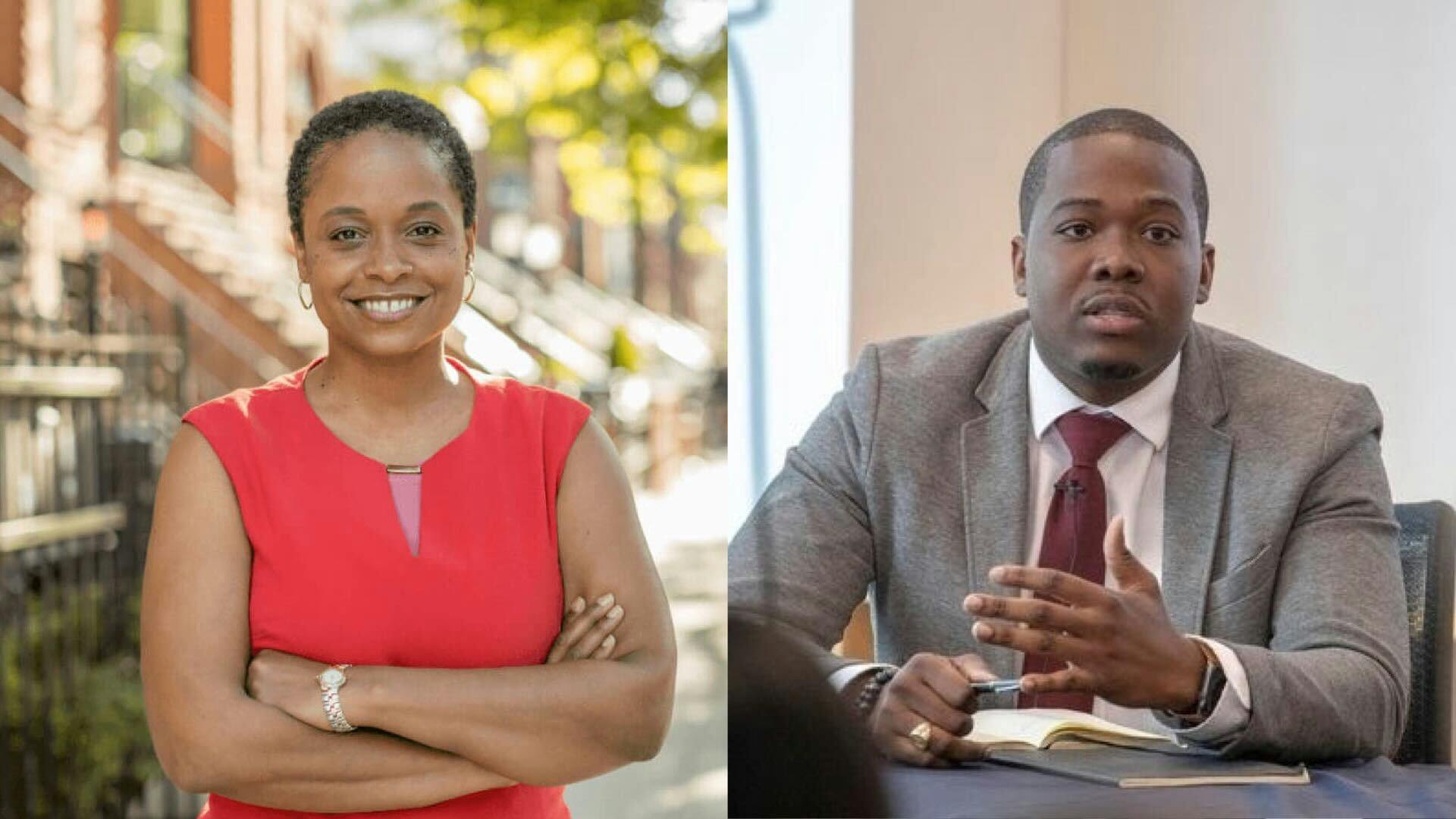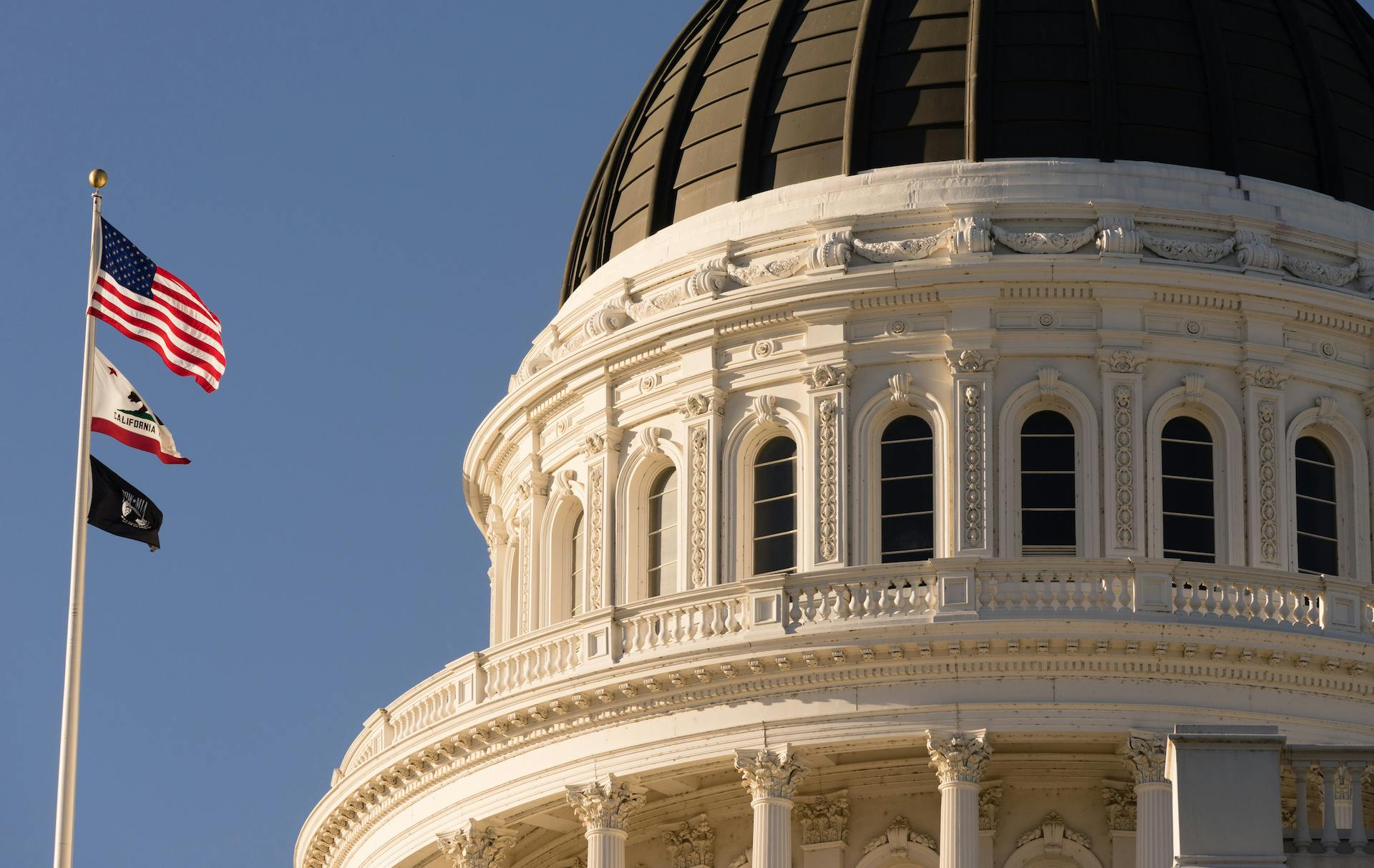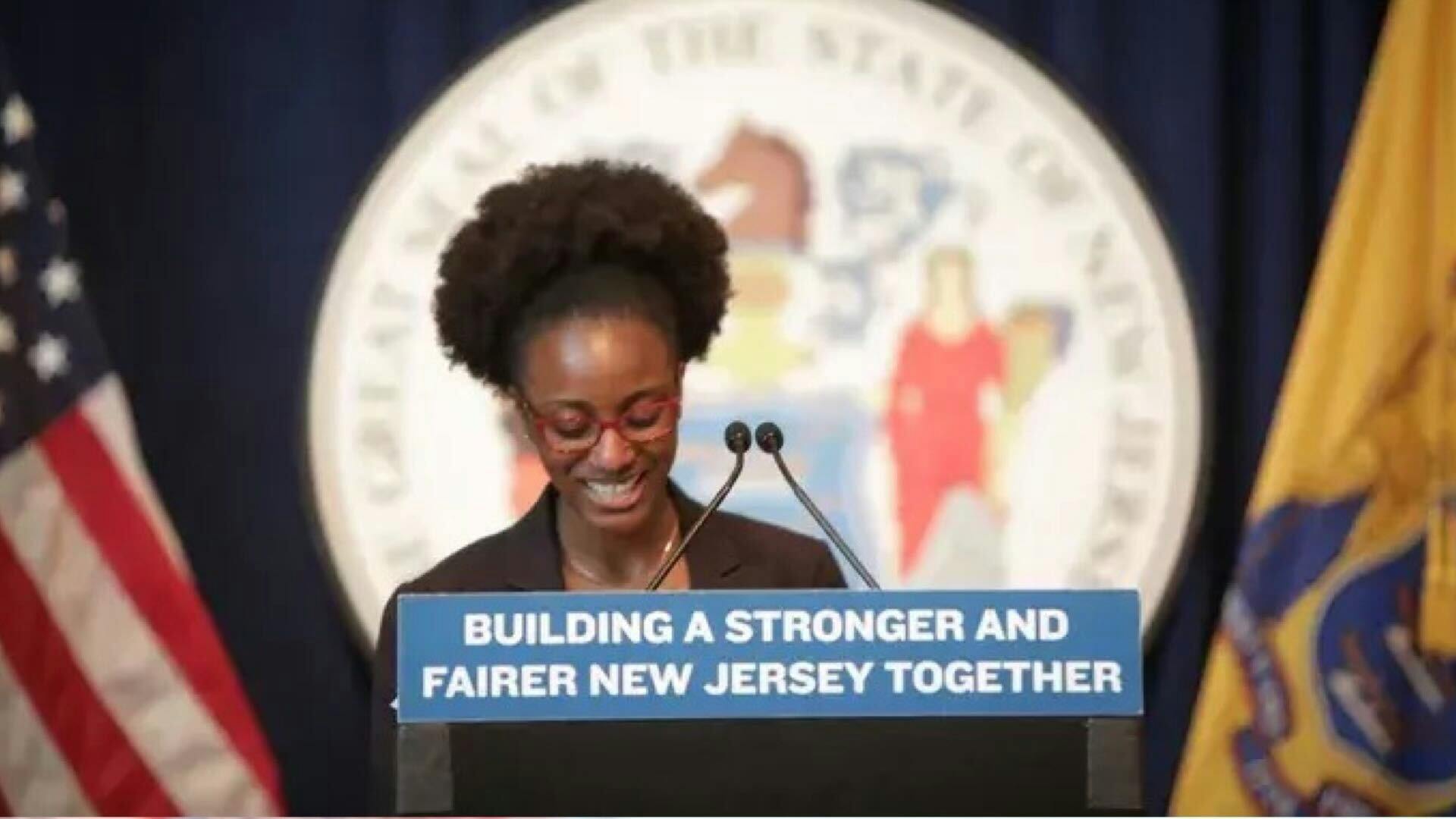New York established the nation’s first cannabis market with labor peace agreements. Here’s how that could affect the entire industry for years to come.
In 2021, New York became the 17th state to legalize recreational marijuana—and the first to include a legal clause requiring labor peace agreements. That means when the state’s first licensed stores open in a few weeks, you may be purchasing your eighth from a union budtender.
Labor peace agreements (LPAs) are laws that protect workers who choose to unionize. No other legal state dealt with the issue prior to New York. But after New York adopted its LPA clause, other states soon followed. New Jersey, where legal stores opened last April, and Connecticut, where they’re expected in early 2023, both included LPAs in their legalization laws.
While it’s still early days—New York’s stores haven’t even opened yet—a lot of union organizers are already hard at work in the tri-state area. The future of employment rights and working conditions in the cannabis industry as a whole could be shaped over the next few years in the Northeast’s tri-state market.
How will unions impact New York’s cannabis market?
Nikki Kateman, political director for UFCW (United Food and Commercial Workers) Local 338, represents cannabis workers in New York. “It’s very rare that you get to be in a state that’s creating a brand new industry,” she told Leafly. “We have to make sure the jobs created are good jobs, not ‘Amazon jobs’ and low-road employment. It should be treated as a career and compensated well.”
In New York’s emerging adult-use cannabis market, employers will have to sign an LPA in order to receive their operating license from the state. This agreement says that an employer will not attempt to interfere with workers who want to organize and join a union.
“Not every cannabis workplace will automatically be unionized, but to get a cannabis business to sign an LPA means they agree to remain neutral and not to actively oppose efforts by workers to unionize,” said Ademola Oyefeso, UFCW International Vice President and Director of Legislative and Political Action. “In return, the union agrees not to organize strikes and work stoppages.”
In an era where global giants like Starbucks and Amazon are fighting tooth-and-nail to defeat every single local unionization effort, that’s a really big deal.
‘Wait, weed dealers have a union?’
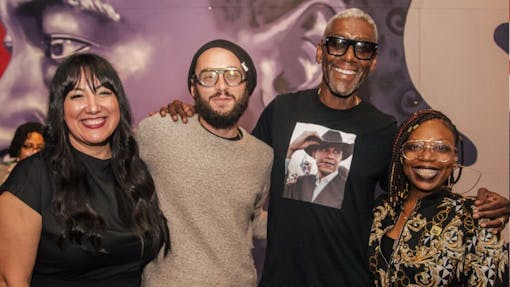
Kateman told Leafly that many people can’t believe it when they find out about cannabis workers unions. “‘They have a union?!’”—is what many say when they learn about UFCW’s local work, according to Kateman. The Local 338 arm of UFCW unites approximately 13,000 people working in a variety of industries throughout New York and northern New Jersey. Kateman said she expects to be onboarding thousands of workers from the adult-use cannabis market in the next few years.
UFCW also represents supermarket and retail workers, as well as the people who make the footballs used in NFL games and a growing number of university graduate students. But the budding field of legal weed—which employed 428,059 people nationwide in 2022— is one of the union’s fastest-growing constituencies.
How advocates made workers rights NY law
The UFCW’s organizing work in New York began even before weed was legalized. In the months leading up to the March 2021 passage of New York’s Marijuana Regulation and Taxation Act (MRTA), Kateman and other union officials lobbied for the inclusion of labor peace agreements in the landmark legalization law.
“New York is expanding a relatively new industry, so it was critical that safeguards were put in place to ensure the tens of thousands of jobs being created—and thereby supporting New Yorkers who would be hired for those jobs in quality employment—would be high road careers. Labor peace agreements provide the space for workers to decide that unions are the right choice for them and collectively bargain for improved wages, benefits, and workplace conditions without employer interference.”
Nikki Kateman, political director for UFCW
New York already has some of the highest unionization percentages in the medical cannabis industry. The focus for advocates and lawmakers was to establish a legal framework where employers remain neutral toward unions, and approach worker decisions to organize with respect.
The UFCW is seeing results in that regard, according to members. At the 2022 Black CannaBiz Conference in New Orleans, Norbert Pickett, UFCW member and owner of Washington DC’s popular Cannabliss dispensary, challenged the common notion that unions and business owners have to be at odds. In fact, for Black business owners, Pickett told Leafly, the union is a valued ally.
“We communicate, we problem solve together. If there’s anyone intimidated by [unionization], there’s nothing to be afraid of,” he said. Pickett remains proud and confident knowing that when ex-employees move on to join other businesses, or start their own, they are already prepared for success by unions like UFCW.
Pickett told Leafly that, as a result of the union’s work, employees of Cannabliss make the highest wages of any cannabis dispensary in the District of Columbia. They also get health benefits, a matched 401k program, vacation time, and opportunities for training, certification, and advancement.
Pickett said this helps Cannabliss stay competitive, because employees are motivated to excel in their jobs. He also believes that together, Cannabliss and UFCW are creating a pipeline to entrepreneurship, which benefits Black representation in the space.
“We don’t want to keep employees as workers,” Pickett told Leafly. “We want them to go on and do their own thing, whether it’s in transport, processing, branding, retail or other areas.”
